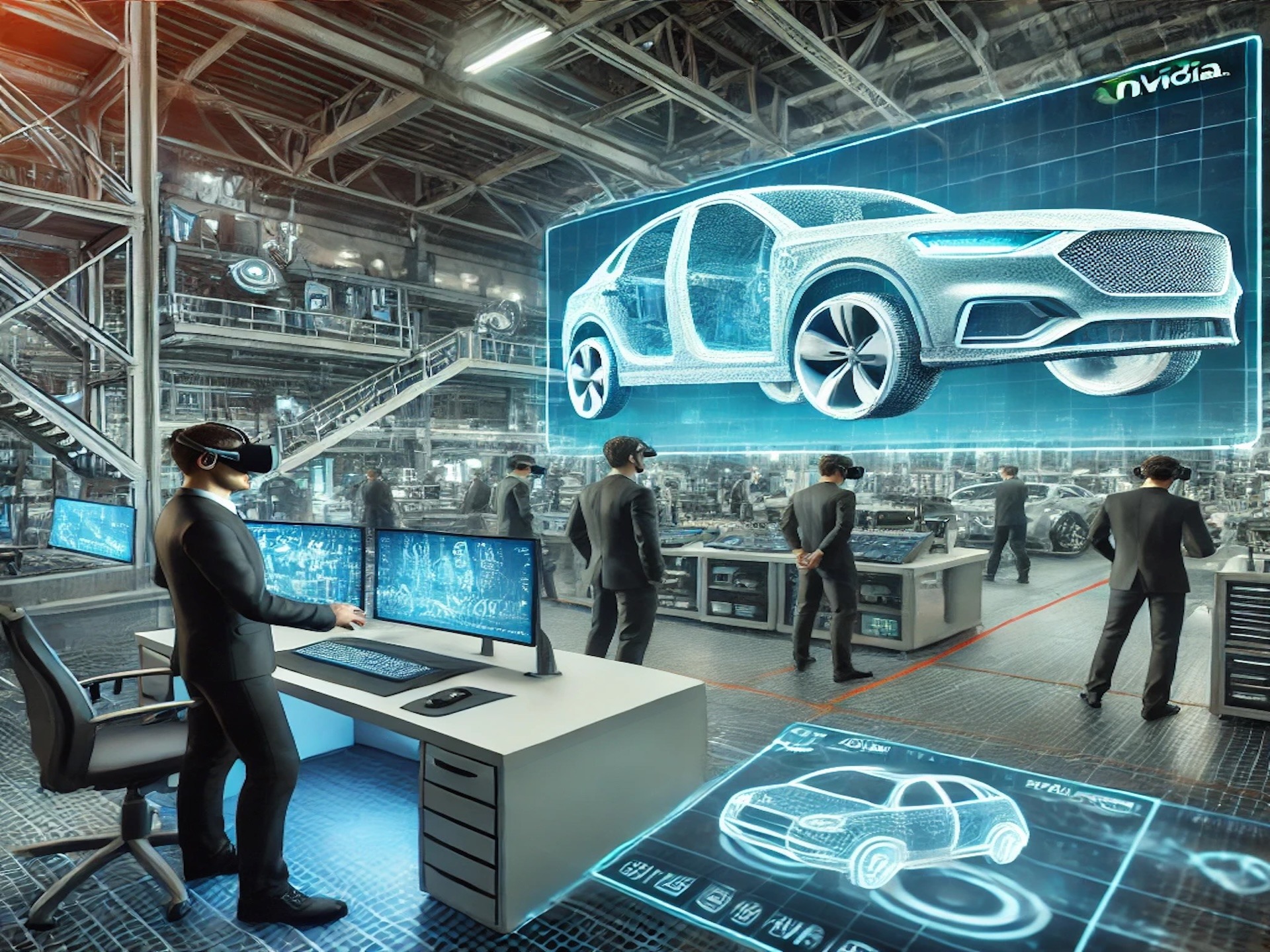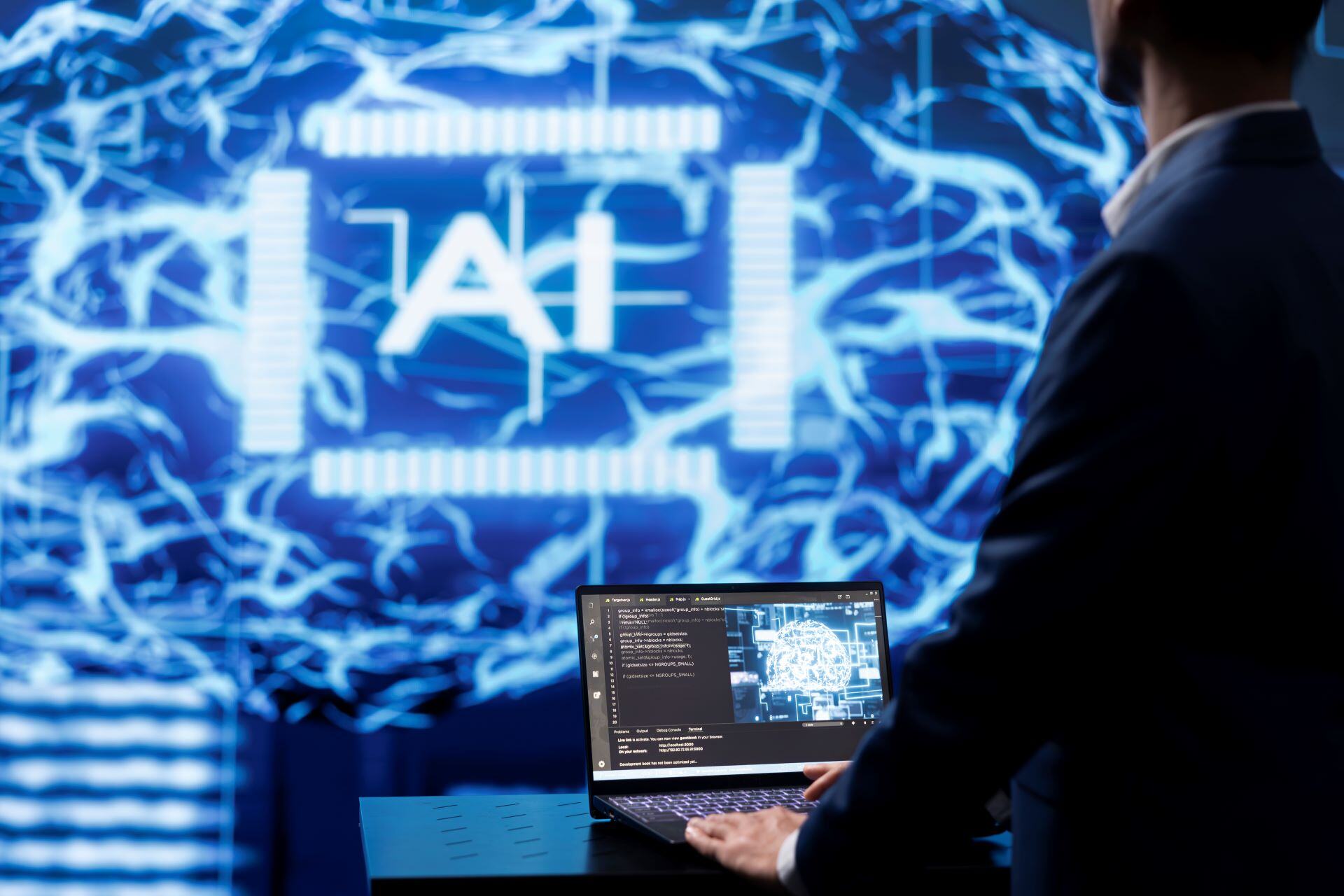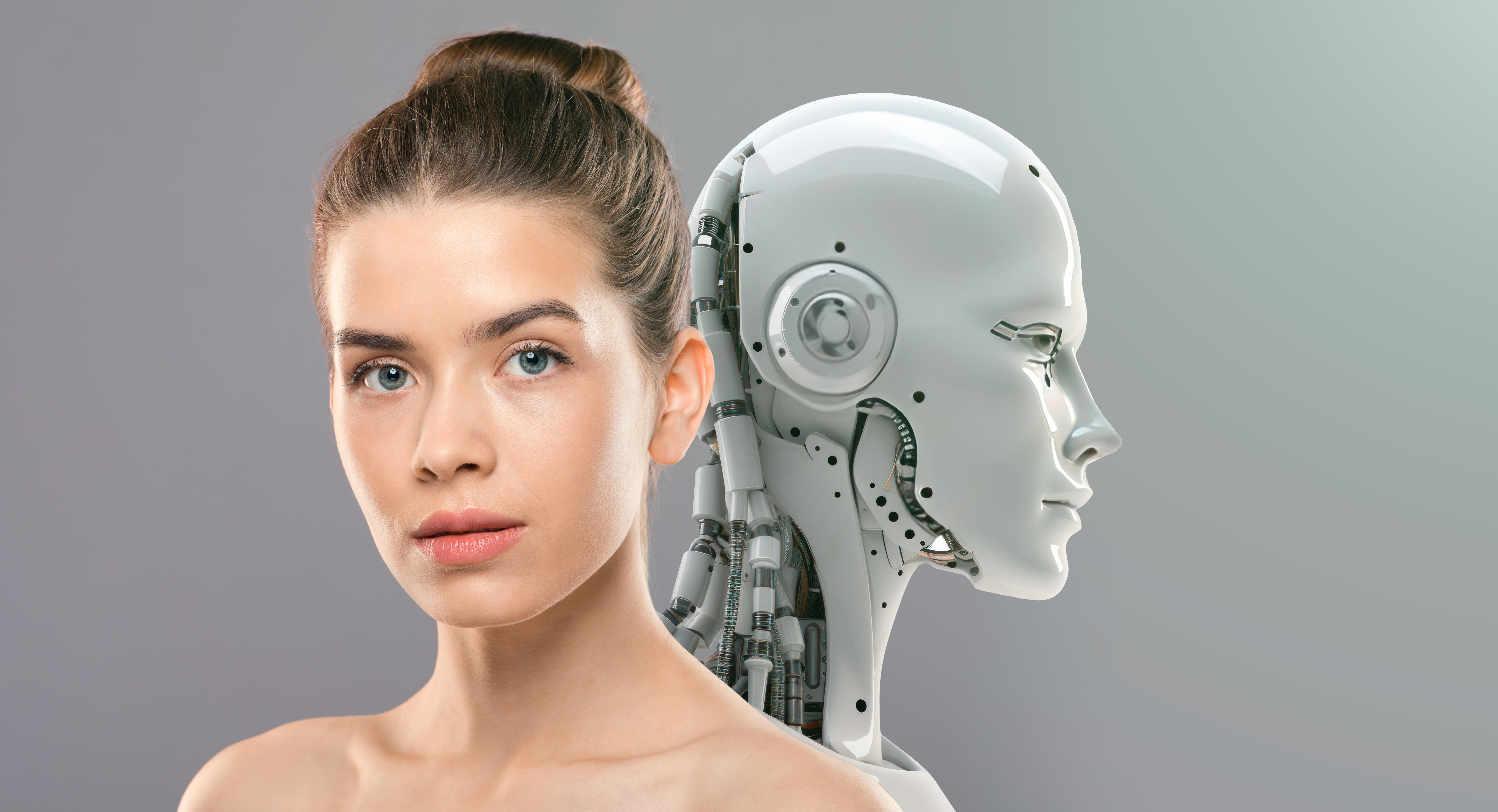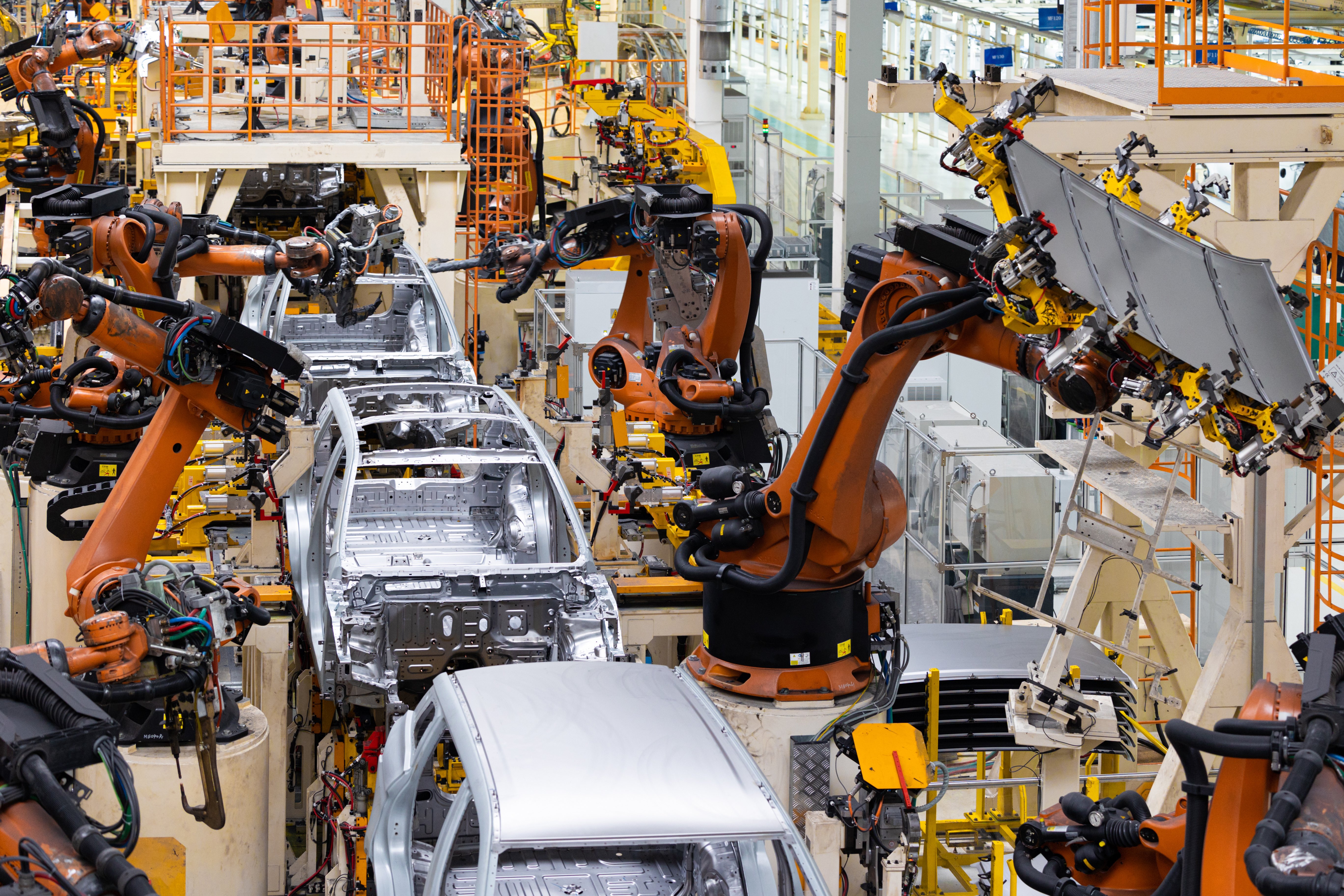Future of Automotive Companies’ Competitive Advantage

Post Categories
Robert Espinoza
While BMW pioneers in utilizing NVIDIA Omniverse and Tesla developing humanoid robots like Optimus for automotive manufacturing, several other car companies are actively investing in similar technologies or exploring alternative approaches to enhance their manufacturing processes:
Mercedes-Benz:- NVIDIA Omniverse: Mercedes-Benz is collaborating with NVIDIA to build digital twins of their factories using the Omniverse platform. They are utilizing this technology to optimize plant layout, simulate production processes, and improve logistics.
- Robotics: Mercedes-Benz is also actively researching and developing robotics solutions for various manufacturing tasks, including assembly, painting, and quality inspection.
- Factory ZERO: GM's Factory ZERO is a state-of-the-art facility focused on EV production, incorporating advanced automation and robotics technologies.
- BrightDrop: GM's BrightDrop division is developing electric delivery vans and utilizing AI-powered software for route optimization and fleet management.
- Robotics: Ford has been using robots in its manufacturing facilities for decades and is continually exploring new ways to integrate automation and AI into its production processes.
- Virtual Design and Engineering: Ford utilizes virtual reality (VR) and augmented reality (AR) technologies to enhance collaboration and streamline the design and engineering processes.
- Boston Dynamics: Hyundai acquired Boston Dynamics, a leading robotics company, in 2021. They are exploring the use of Boston Dynamics' robots for various applications, including manufacturing, logistics, and customer service.
- AI and Data Analytics: Hyundai is investing heavily in AI and data analytics to improve manufacturing efficiency, predict maintenance needs, and personalize the customer experience.
- Digital Factory: Stellantis is developing a digital factory concept that leverages digital twins, simulation, and data analytics to optimize production processes and improve quality.
- Autonomous Mobile Robots (AMRs): Stellantis is testing the use of AMRs in its factories for material handling and logistics tasks.
These are just a few examples of car companies that are exploring and adopting advanced technologies like AI, robotics, and digital twins to enhance their manufacturing capabilities. While BMW and Tesla are currently leading the charge in certain areas, the competitive landscape is constantly evolving, and other automakers are rapidly catching up. The race to develop the most efficient, innovative, and cost-effective manufacturing processes is driving significant advancements in the automotive industry, ultimately benefiting consumers through improved quality, lower prices, and faster delivery times.


